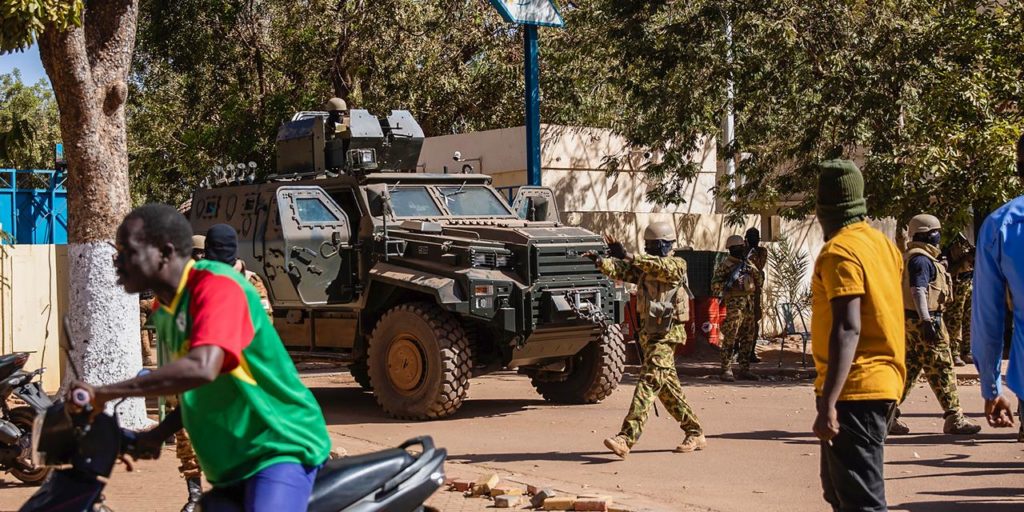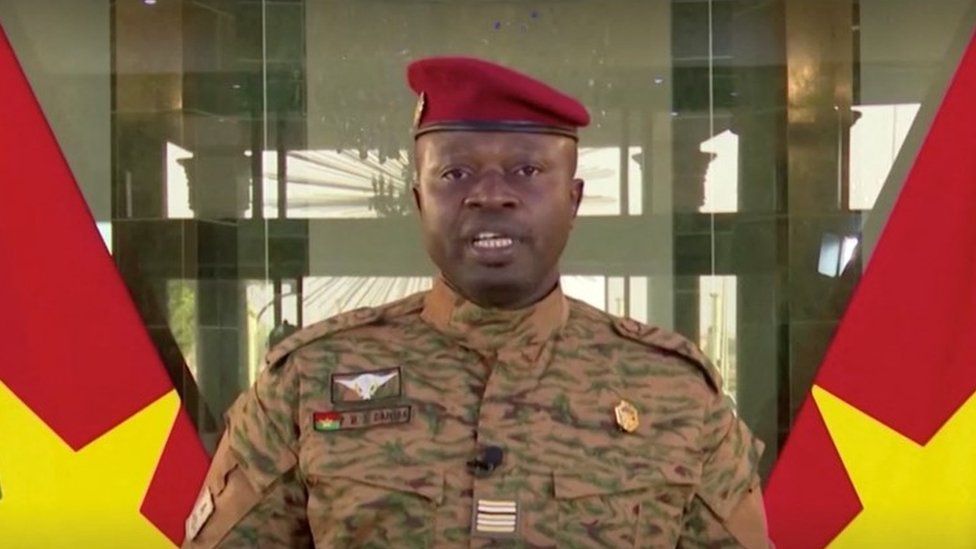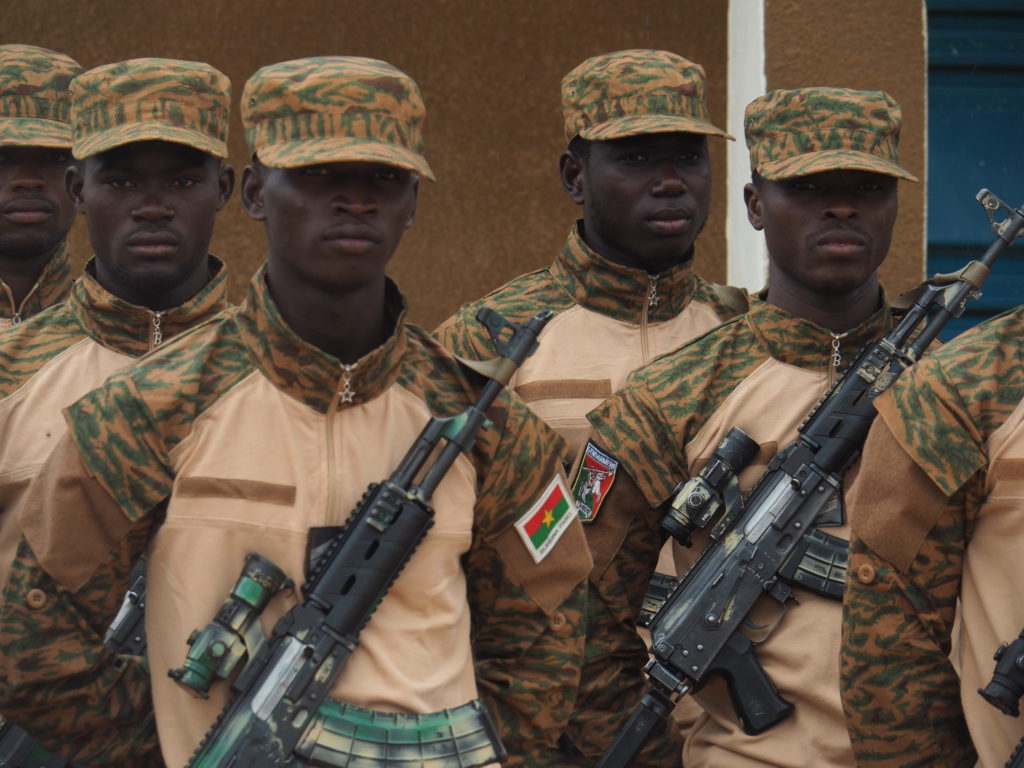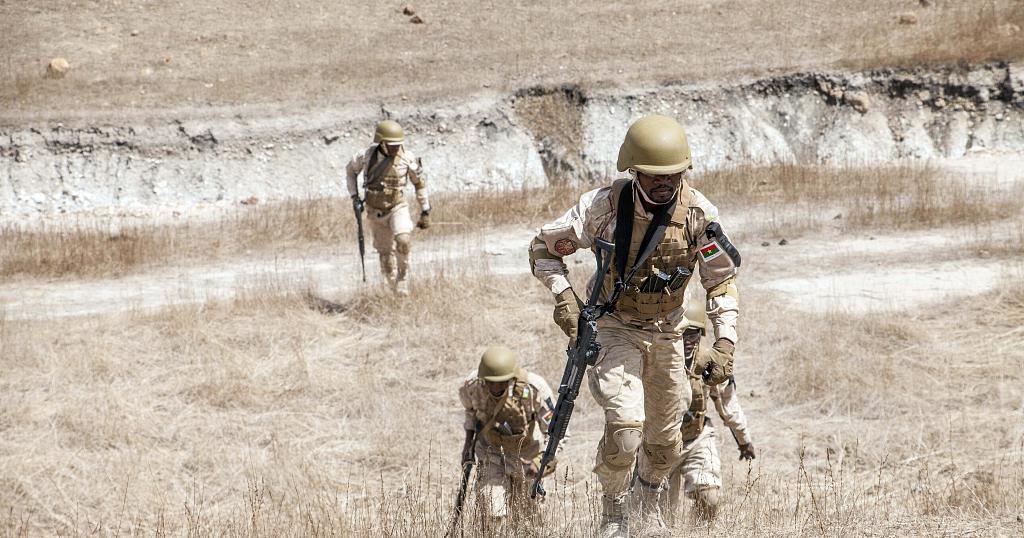OUAGADOUGOU, – Burkina Faso’s new military leader Lieutenant Colonel Paul-Henri Damiba said on Thursday that the West African country return to constitutional order when conditions are right.
Damiba spoke for the first time on national television since leading a mutiny that ousted President Roch Marc Kabore on Monday.
“When the conditions are right, according to the deadline that our people will define in all sovereignty, I commit to a return to a normal constitutional order,” Damiba said.
Wearing a red beret, army fatigues and flanked by national flags, Damiba said he would convene various sections of Burkina Faso’s society to agree on a roadmap to plan and carry out needed reforms.

The junta said on Monday after seizing power that it would propose a calendar for a return to constitutional order “within a reasonable time frame” but has not elaborated on its plans.
The officers, who call themselves the Patriotic Movement for Safeguard and Restoration (MPSR), launched a mutiny on Sunday night, and removed Kabore on Monday, blaming him for failing to contain worsening violence by Islamist militants.
Damiba promised farmers and herders and people across the West African Sahel nation affected by violence from militants linked to al Qaeda and Islamic State, and said he would take back control of those zones. He said security would be priority.
Damiba’s speech come before a planned emergency summit of the 15-member Economic Community of West African States (ECOWAS) on Friday to discuss how to respond to the coup.
ECOWAS imposed sanctions on Burkina Faso’s neighbour Mali and Guinea following military takeovers in August 2020 and September 2021, respectively.
This latest coup in West and Central Africa comes amid an increasingly bloody Islamist insurgency that has killed thousands and displaced millions across the Sahel region, eroding faith in democratic leaders to combat the problem.
The juntas in Mali and Guinea, as well as in the Central African nation of Chad, where the military took power in April 2021, have all set up transitional governments with a mixture of military officers and civilians.
The juntas in Mali and Chad agreed to 18-month transitions to democratic elections, while Guinea’s has not yet laid out a timeline.
Malian authorities, however, have gone back on their original commitment and have proposed delaying elections, originally scheduled for next month, by up to four years.
Jan 27 (Reuters)








